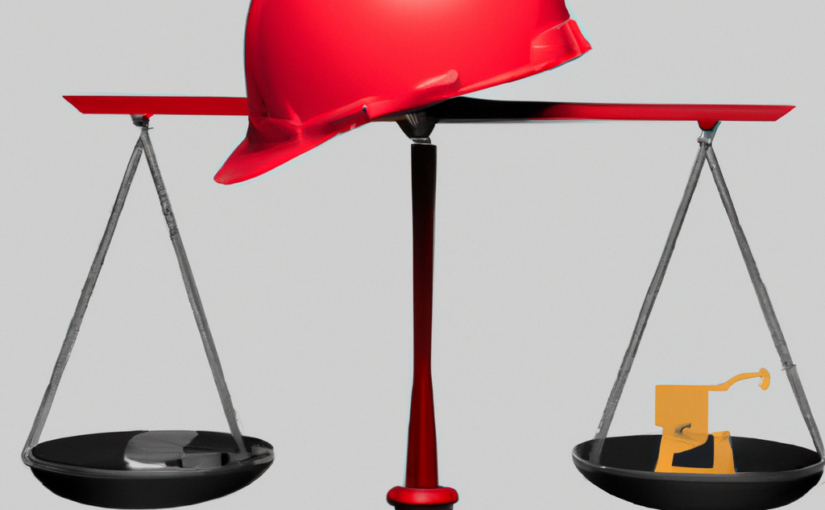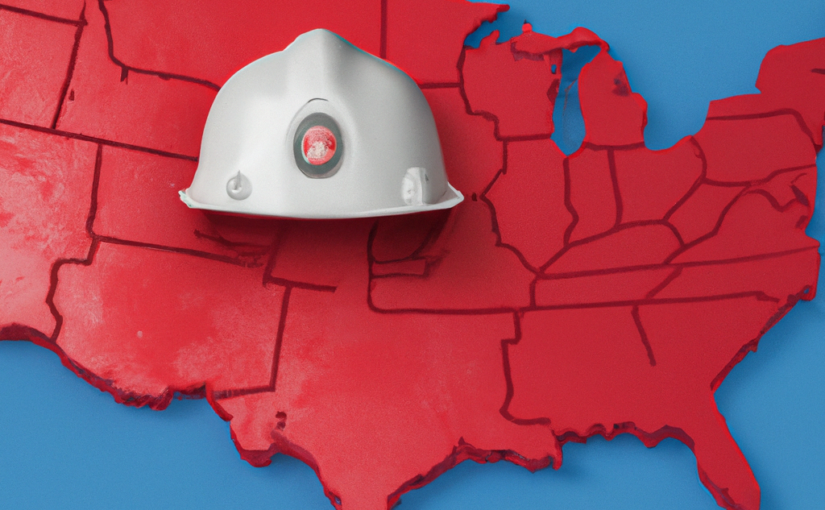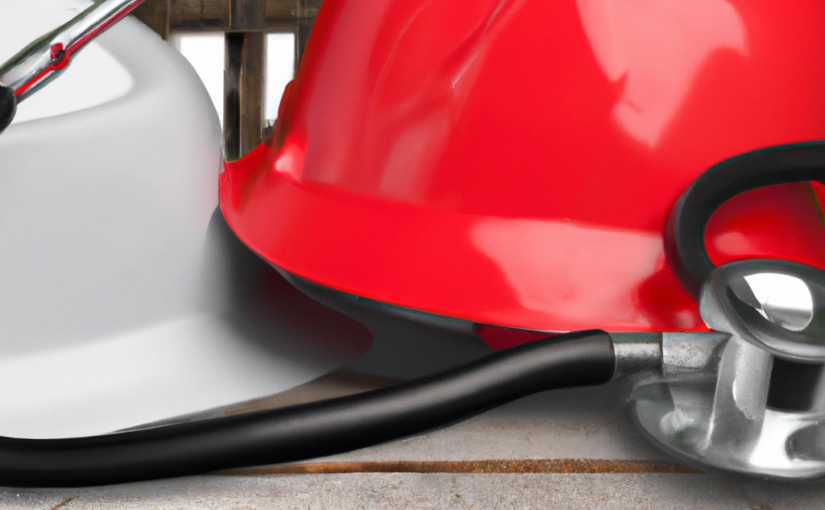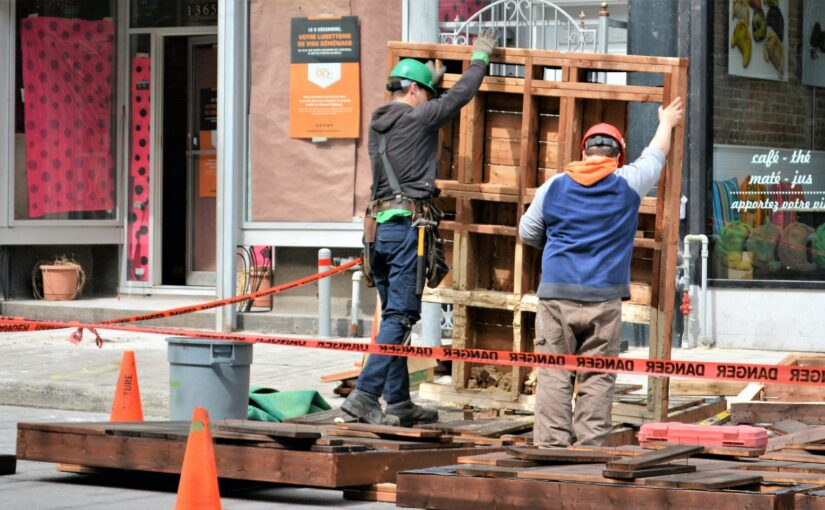Understanding Nursing Home Injuries
Nursing home injuries are a common occurrence among elderly residents. Some of the common types of injuries that occur in nursing homes include:
- Falls: Falls are the most common type of injury that occurs in nursing homes. They can be caused by slippery floors, poor lighting, or lack of proper safety equipment.
- Bedsores: Bedsores, also known as pressure ulcers, are injuries that occur due to prolonged pressure on the skin. They are caused by a lack of movement, which can be due to poor staffing levels or inadequate care.
- Medication Errors: Medication errors occur when a resident is given the wrong medication or the wrong dose. These errors can lead to serious injuries or even death.
- Infections: Infections can occur due to poor hygiene practices, inadequate cleaning, or lack of proper infection control protocols.
- Physical or Sexual Abuse: Physical or sexual abuse can occur when staff members are not properly trained or screened.
It’s important to be aware of the signs of abuse and neglect in nursing homes. Some of the signs to look out for include:
- Unexplained injuries or bruises
- Changes in behavior or mood
- Unexplained weight loss
- Poor hygiene or living conditions
- Lack of proper medical care
Understanding Your Legal Rights
If you or your loved one has suffered an injury in a nursing home, you have legal rights that you should be aware of. Some of the legal rights of nursing home residents and their families include:
- The right to a safe and clean living environment
- The right to proper medical care and treatment
- The right to be free from abuse and neglect
- The right to be informed about their care and treatment
- The right to file a complaint about their care or treatment
If you believe that your loved one has been the victim of abuse or neglect, you may be able to pursue compensation through a nursing home injury claim. To file a claim, you will need to gather evidence of the injury, including medical records and witness statements. You should also consider hiring a nursing home injury lawyer to help you navigate the legal process.
Preventing Nursing Home Injuries
Prevention is the best way to avoid nursing home injuries. Nursing homes should take steps to ensure that their residents are safe and well-cared for. Some of the steps that nursing homes should take include:
- Proper staffing levels: Nursing homes should have enough staff members to provide adequate care for their residents.
- Staff training: Staff members should be properly trained to provide care for elderly residents, including how to prevent falls, bedsores, and infections.
- Safety protocols and procedures: Nursing homes should have safety protocols and procedures in place to prevent injuries and accidents.
- Regular inspections: Nursing homes should be inspected regularly to ensure that they are in compliance with safety regulations and standards.
Families can also take steps to help keep their loved ones safe in nursing homes. Some of these steps include:
- Regular visits: Visiting your loved one regularly can help you stay informed about their care and treatment.
- Speaking up: If you notice any signs of abuse or neglect, speak up and report it to the nursing home administration or regulatory agency.
- Keeping records: Keep detailed records of your loved one’s care and treatment, including any injuries or incidents that occur.
Hiring a Nursing Home Injury Lawyer
If you’re considering pursuing compensation for a nursing home injury, it’s important to hire the right lawyer. Some of the things to look for in a nursing home injury lawyer include:
- Experience: Look for a lawyer who has experience handling nursing home injury cases.
- Expertise: Choose a lawyer who has expertise in the specific area of nursing home injuries.
- Track record: Look for a lawyer who has a track record of success in nursing home injury cases.
- Communication: Choose a lawyer who communicates clearly and regularly with their clients.
The process of hiring a nursing home injury lawyer typically involves an initial consultation, where the lawyer will review your case and advise you on your legal options. If you decide to hire the lawyer, they will begin the process of filing a nursing home injury claim on your behalf.
The Importance of Documenting Nursing Home Injuries
Documenting nursing home injuries is essential for pursuing compensation and holding nursing homes accountable. Some of the types of documentation that are important to have include:
- Medical records: Medical records can provide evidence of the injury and the care that was provided.
- Incident reports: Incident reports can provide details about the injury and how it occurred.
- Photographs: Photographs can provide visual evidence of the injury, such as bruises or cuts.
- Witness statements: Witness statements can provide additional information about the injury and the care that was provided.
Families should keep thorough records of their loved one’s care and treatment, including any injuries or incidents that occur. This documentation can be invaluable if you decide to pursue a nursing home injury claim.




